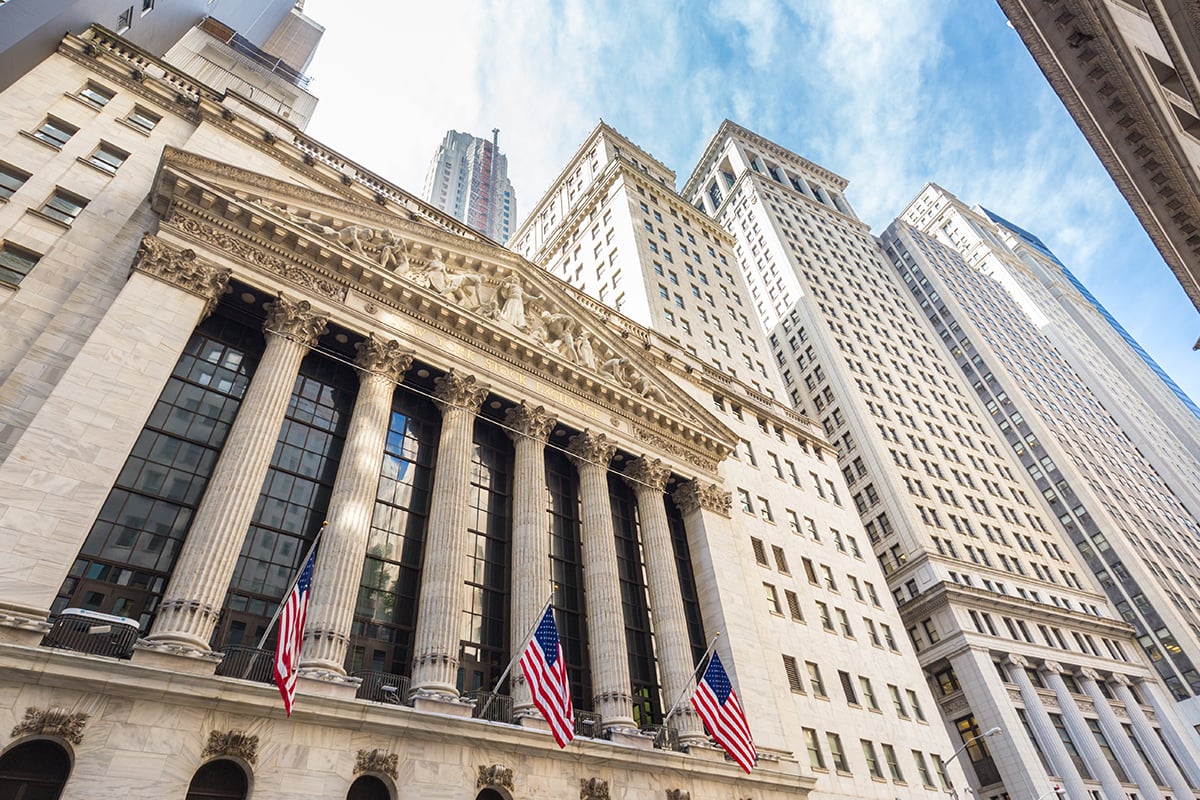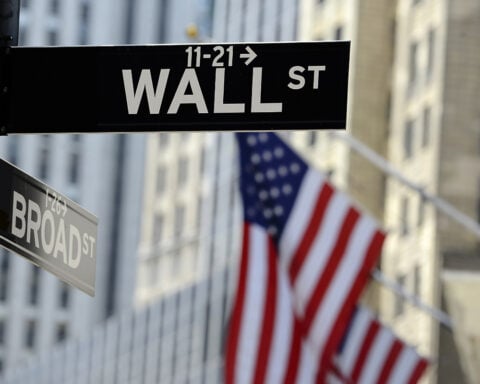In a shift from recent upward trends, U.S. stock markets experienced a decline on Wednesday, with the S&P 500 and the Dow Jones Industrial Average retreating from their record-setting performances. The market’s momentum appeared to lose steam, leading to a mixed close among the major indexes. The Dow fell by roughly 0.7%, while the S&P 500 saw a modest decrease of about 0.2%. The Nasdaq Composite, largely driven by technology stocks, managed a marginal gain, ending the day just above the flat line.
The dip in stock market performance comes amidst growing concerns over the U.S. economy’s strength. A key factor contributing to these concerns was a surprisingly weak consumer confidence report, which has ignited debates about the possibility of a looming recession. This report has further complicated the economic outlook, leading to increased scrutiny of the Federal Reserve’s recent actions and future decisions.
In response to signs of a slowing economy, the Federal Reserve implemented a larger-than-usual rate cut of 0.5%. This significant reduction has sparked a debate among investors and analysts about the potential need for further aggressive cuts, especially if the economic slowdown continues. The anticipation surrounding these decisions is high, with many looking to the Fed for signals of additional support to the economy through monetary policy.
Adding to the economic data mix, the housing market provided mixed signals. New home sales in August declined, reversing gains from the previous month. High mortgage rates and elevated home prices have kept many potential buyers on the sidelines, reflecting a broader hesitation in the housing sector. Despite the downturn in new home purchases, there was a surge in mortgage applications, reaching the highest level since 2022. This increase was primarily fueled by homeowners looking to take advantage of dropping mortgage rates to refinance their existing loans.
The focus of investors and economists is now turning to key upcoming economic reports, which will further inform market sentiments and monetary policy decisions. Notably, all eyes will be on the release of the second-quarter GDP data and Friday’s report on the Personal Consumption Expenditures (PCE) index. The PCE index is particularly significant as it serves as the preferred inflation gauge for the Federal Reserve.
As these crucial data points approach, the financial markets remain on edge, with stakeholders keenly awaiting insights that could dictate market directions in the coming months. The outcome of these reports will be instrumental in shaping the economic narrative and potentially guiding the Fed’s hand in upcoming policy meetings.
While the stock market has recently shown signs of robust health, underlying economic indicators suggest a more cautious approach may be warranted. As the U.S. economy continues to send mixed signals, the path forward remains uncertain, with potential hurdles that could influence investor confidence and economic stability in the near term.







